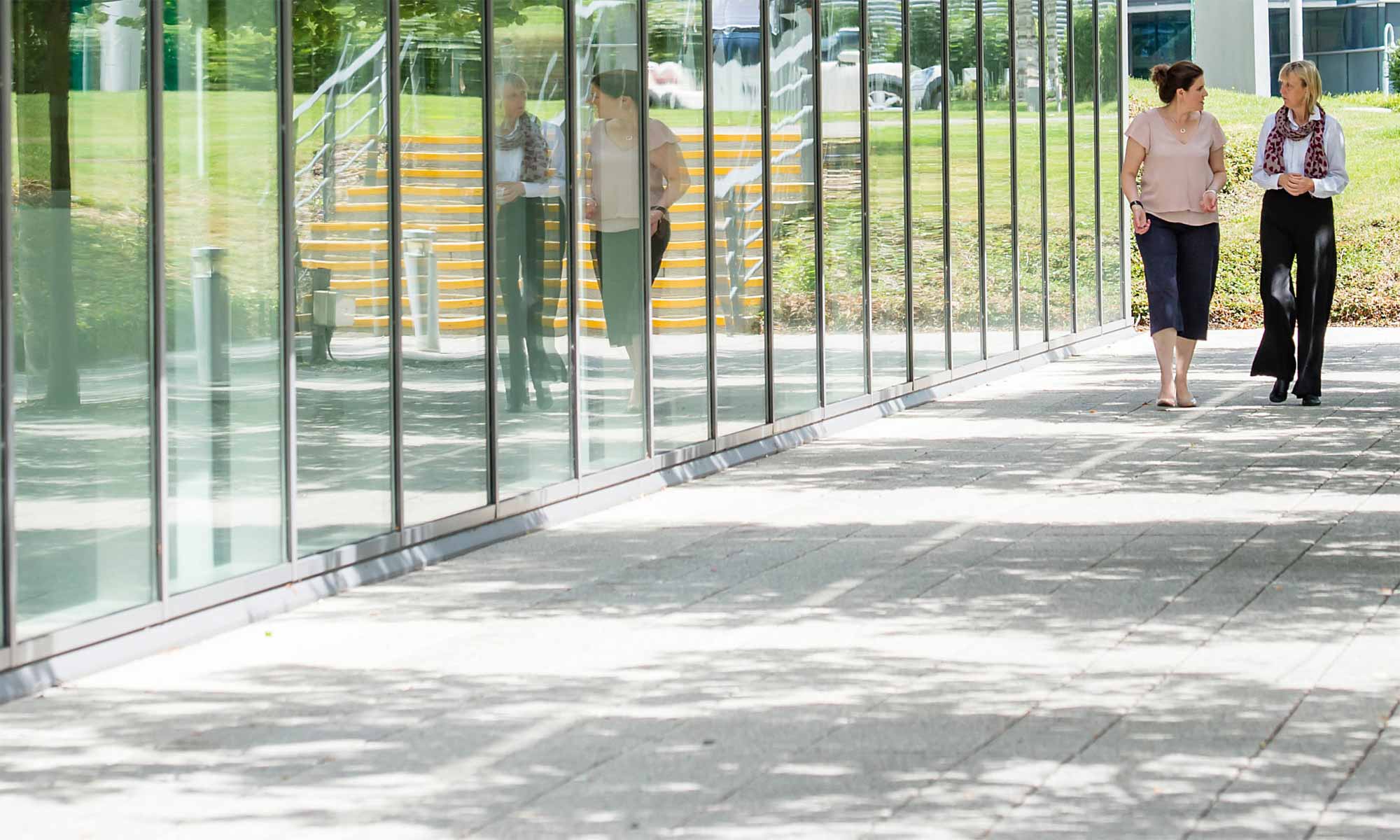Tips from media interviews with Senior Business Leaders: a year of learning in the virtual room
Global Media and Entertainment; Health, Sports and Fitness; High Street Brands, City Law Firms and Entrepreneurs. Over the last 12 months we’ve trained senior leaders from some of the world’s biggest and most successful brands.
When we pivoted to virtual media training, we never imagined the roll call of people we would work with. And yet a year on, we have had a privileged and unique insight into a diverse roster of senior leaders from many industries.
There are common themes and tools they all draw on to maintain resilience and a personal touch, so here are 5 lessons from our time in the virtual room with these impressive leaders.
1. Have the courage to flip the corporate script and bring your story to the interview.
It is the difference between an average soundbite and becoming a go-to ‘talking head’.
As one music mogul revealed the nightclub roots to her career progression, it is clear why journalists rightly give increasing currency to personal accounts and lived experience.
Knowing how to share a home truth which speaks to the business of what you do, is essential.
2. Be open to the views of others
It’s a leadership staple and in media training it is those who ask for input who benefit most.
Two fitness entrepreneurs, soon realised how a second opinion on language and tone and even the pace of their answers, helped them to say stuff better. So, by the time they were in the interview, they knew what worked and the pitfalls to navigate in speaking about their brand.
3. Know your sector inside out
It is a first step to appreciating what the journalist’s agenda might be.
One retail executive revealed how she kept a watching brief on breaking news, and the angles which could come up in her next interview. She understood that journalists have news priorities and that getting column inches meant aligning her business with the news of the day.
4. Understand that prep for interviews is essential
Preparation saves times and helps avoids the risk of reputational fall out.
A quick read of a one page briefing doc, half an hour in advance, might cut it once. But leaders who commit time, consult with comms colleagues to assess priorities and the context in which they are speaking, always fare best.
A Senior Partner at city law firm knew she needed to understand the media landscape for hot topics, like sustainability, diversity and inclusion. Practicing the curve ball questions meant she had the confidence to go “all in” during the real interview.
Do your own homework, then draw on the expertise around you and ensure the time given up to a journalist has real value for everyone involved.
5. Be willing to support your peers
Taking guidance on new ways of doing things reaps mutual rewards.
A pair of newly appointed co-CEOs soon discovered their shared professional paths made for the perfect interview double act, with each taking a natural lead on questions areas.
Learning to share the interview takes practice but by allocating the time to media train together they discovered they could co-present and talk to the media more often, making the best use of their dual resource to showcase the best of the business.
Featured image by 鏡飛 匙






